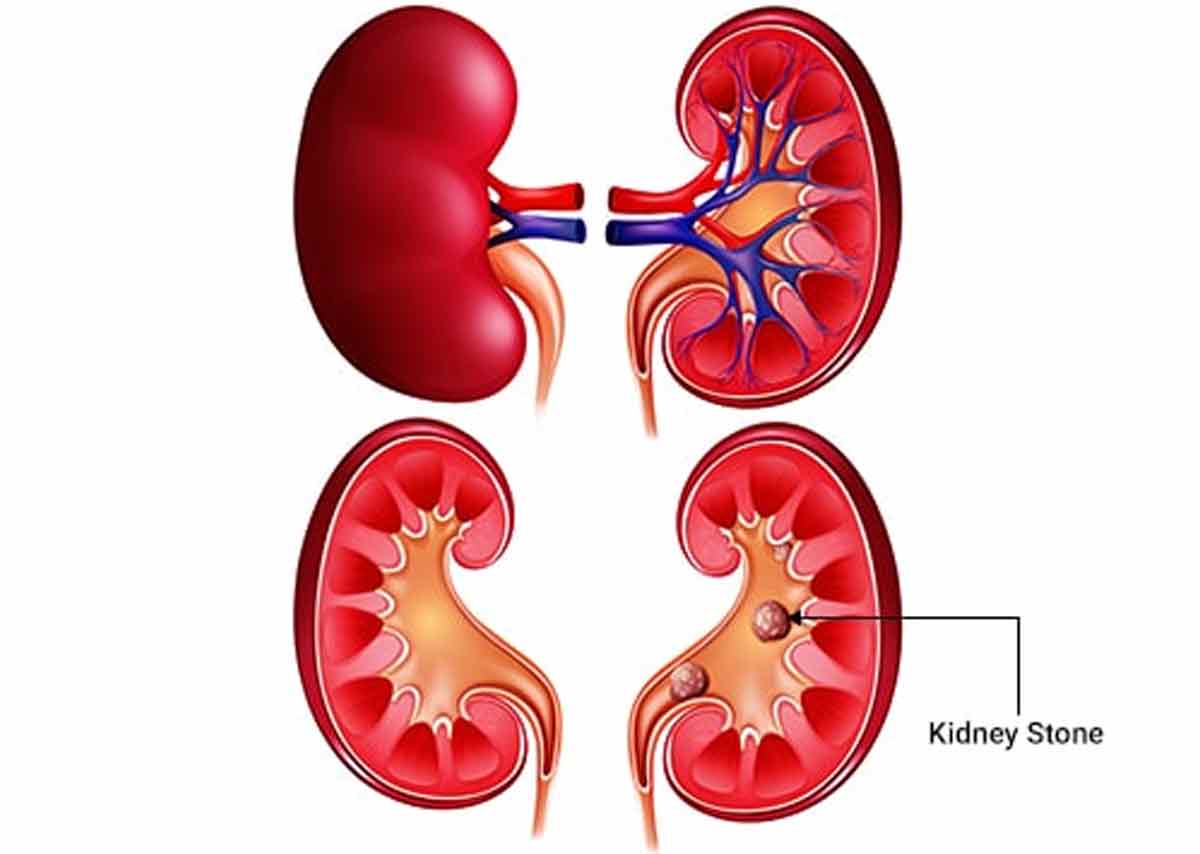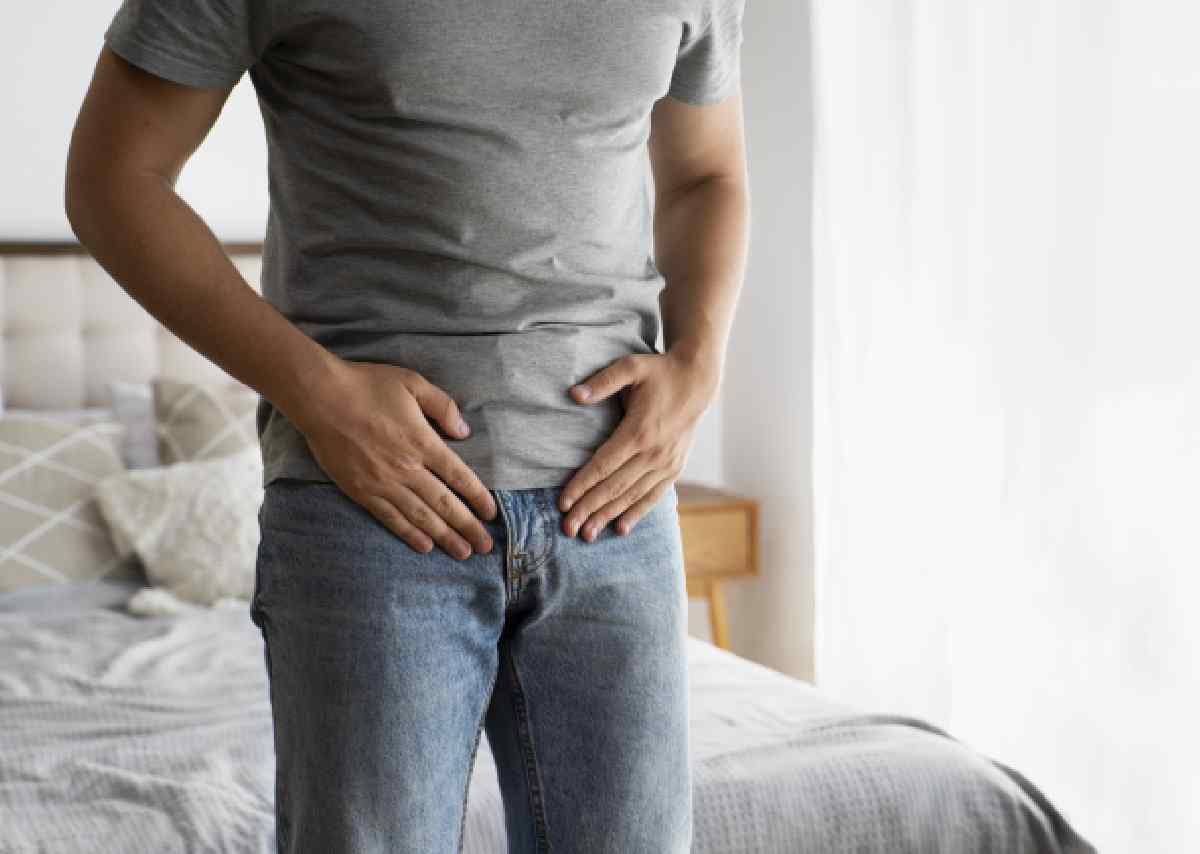Blog

Kidney stones are one of the most prevalent health conditions, and they consist of hard mineral deposits that form within the kidneys and, in many cases, move into the urinary tract. These stones can result in excruciating pain and discomfort. Passing a kidney stone is so excruciatingly painful that some people compare it to the pain of childbirth.
Patients with kidney stones should seek immediate medical consultation from urology surgeons and physicians with extensive experience. Self-medication should be avoided because it may worsen the problem. Dr. Niren Rao, a leading kidney stone specialist in Delhi at Delhi Urology Hospital located at Saket, South Delhi, Delhi, addresses kidney stone patients' most commonly asked questions.
What causes kidney stones?
There is no definite, single cause for kidney stones. However, several factors may increase one’s risk of having kidney stones. The possible risk factors/causes of kidney stones include:
What are the first signs of kidney stones?
Kidney stones usually are not associated with symptoms until it shifts from the place where it’s formed to any part of the kidney or passes into one of the ureters. The signs and symptoms of kidney stones that may first appear include:
If kidney stones form and gets lodged in the ureters, one can experience the following symptoms:
How are kidney stones formed?
Kidney stones are hard mineral and salt deposits formed inside the kidneys. These form when concentrated urine containing more crystalline-forming substances like oxalate, calcium, and uric acid, is produced. They are even the result of the production of urine that lacks substances responsible for avoiding the clumping together of crystals present in the urine.
How to remove kidney stones?
For the removal of small kidney stones, patients just have to increase their intake of fluids/ water and take medications that help lower the uric acid content in their urine. In the case of large kidney stones, kidney stones block the urine flow, and when there are signs of infection, patients can go for surgical removal of kidney stones in Delhi at Delhi Urology Hospital located at Saket, South Delhi, Delhi. The procedures that help remove such kidney stones include shockwave lithotripsy, ureteroscopy, and percutaneous nephrolithotomy/nephrolithotripsy.
How to get rid of kidney stones?
In most cases, patients can get rid of their kidney stones without surgery. The kidney stones will get flushed out of their system through urine within 3-6 weeks by just increasing the daily intake of water and having a healthy lifestyle.
Are kidney stones dangerous?
Kidney stones are usually not diagnosed as serious problems as they can easily pass out of the body in the urine. However, in some cases, kidney stones can lead to serious or life-threatening complications. That’s possible when the kidney stones get stuck in the ureter- the tube that connects the kidney to the urinary bladder. If this is left untreated or not removed by surgery, it can cause kidney infection and kidney damage.
Can kidney stones cause kidney failure?
Yes. Kidney failure is one of the rare complications of kidney stones not being removed on time. For most patients having kidney stones, the condition is not so serious or life-threatening. Kidney stones can be passed in the urine. However, if kidney stones move into the ureters and obstruct the urine flow these can result in infection, kidney damage, and ultimately kidney failure if left untreated for long. To prevent kidney failure, the patients must go for kidney stones surgery in Delhi at the best kidney stone removal surgery hospital, Delhi Urology Hospital located at Saket, South Delhi, Delhi.
Why do kidney stones occur?
Kidney stones are solids formed by the aggregation of chemicals present in the urine. Urine has a lot of waste material dissolved in it. A less diluted urine contains more crystals like calcium oxalate, struvite, uric acid, and cystine. These crystals form aggregations with other elements in the urine to form a hard substance called kidney stones.
How to diagnose kidney stones?
If a doctor suspects the patient to have kidney stones, then the patient may go through some diagnostic tests and procedures. These include:
Blood testing- to check levels of calcium and uric acid in the blood
Urine testing- to check for the amount of kidney stone-forming minerals and kidney stone-preventing substances present in the urine
Imaging tests- including Abdominal CT scans and ultrasound to spot kidney stones in the urinary tract
Which doctor to consult for kidney stones?
The specialised doctors like kidney stone surgeons in Delhi at Delhi Urology Hospital located at Saket, South Delhi, Delhi that can help diagnose, prevent, and remove kidney stones are nephrologists or urologists.
Can kidney stones cause death?
Kidney stones can be fatal in only serious, prolonged cases. When kidney stones are left untreated can cause death because they can lead to life-threatening complications like kidney infections/sepsis, kidney damage, hydronephrosis, and kidney failure. Well, this happens in very rare cases. Most of the kidney stones pass out in the urine.
Does whey protein cause kidney stones?
If one is already susceptible to developing kidney stones, then intake of whey protein in excess can lead to more risk of kidney stones. Increased consumption of whey protein affects the regular functioning of the kidneys by increasing the urea content in plasma, excretion of calcium in the urine, and urinary volume. All of this overburdens the kidney and can cause the formation of kidney stones if the kidney fails to filter them out.
What to eat when you have kidney stones?
If you already have kidney stones or want to avoid having them, change your diet plan. Here are some of the food items that your diet must incorporate:
Besides this, you must drink enough fluids every day to produce more dilated urine. Furthermore, you must avoid foods that are high in salts; have more oxalates like spinach and almonds; and animal proteins like pork, lamb, mutton, and others.
Can kidney stones cause UTI?
Kidney stones usually do not cause urinary tract infections (UTIs). Urinary tract infections are infections in the kidneys, ureters, urethra, or urinary bladder. UTI can occur rarely when the kidney stones move into the ureters or cause blockages that narrow the urinary tract and reduce urine flow. This is the result of leaving the kidney stones untreated for a long time.
Kidney stones can be fatal if left untreated. Do visit Delhi Urology Hospital located at Saket, South Delhi,Delhi, to get more information on kidney stones removal treatment and its cost in Delhi by consulting the expert urologist Dr. Niren Rao.



